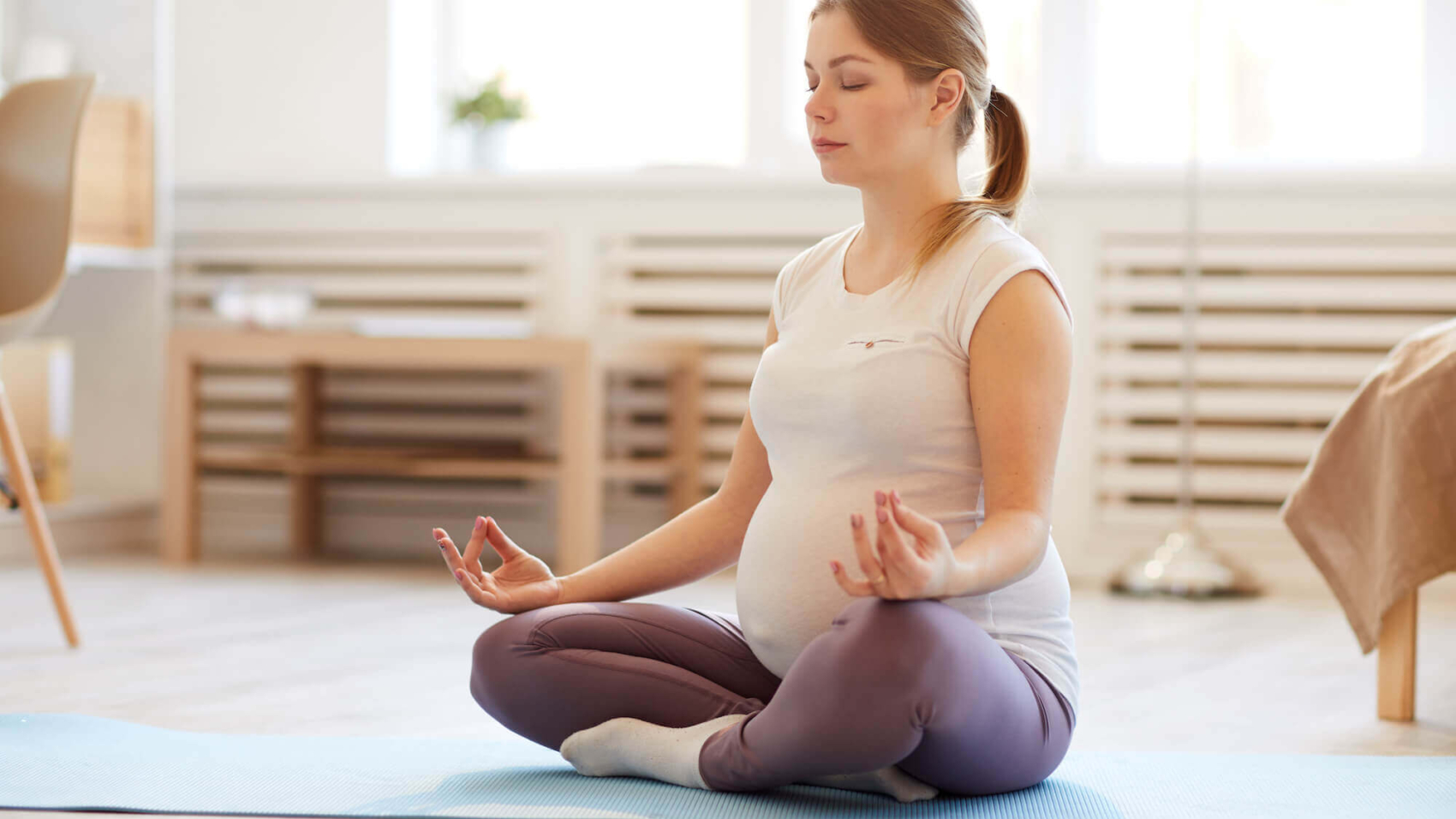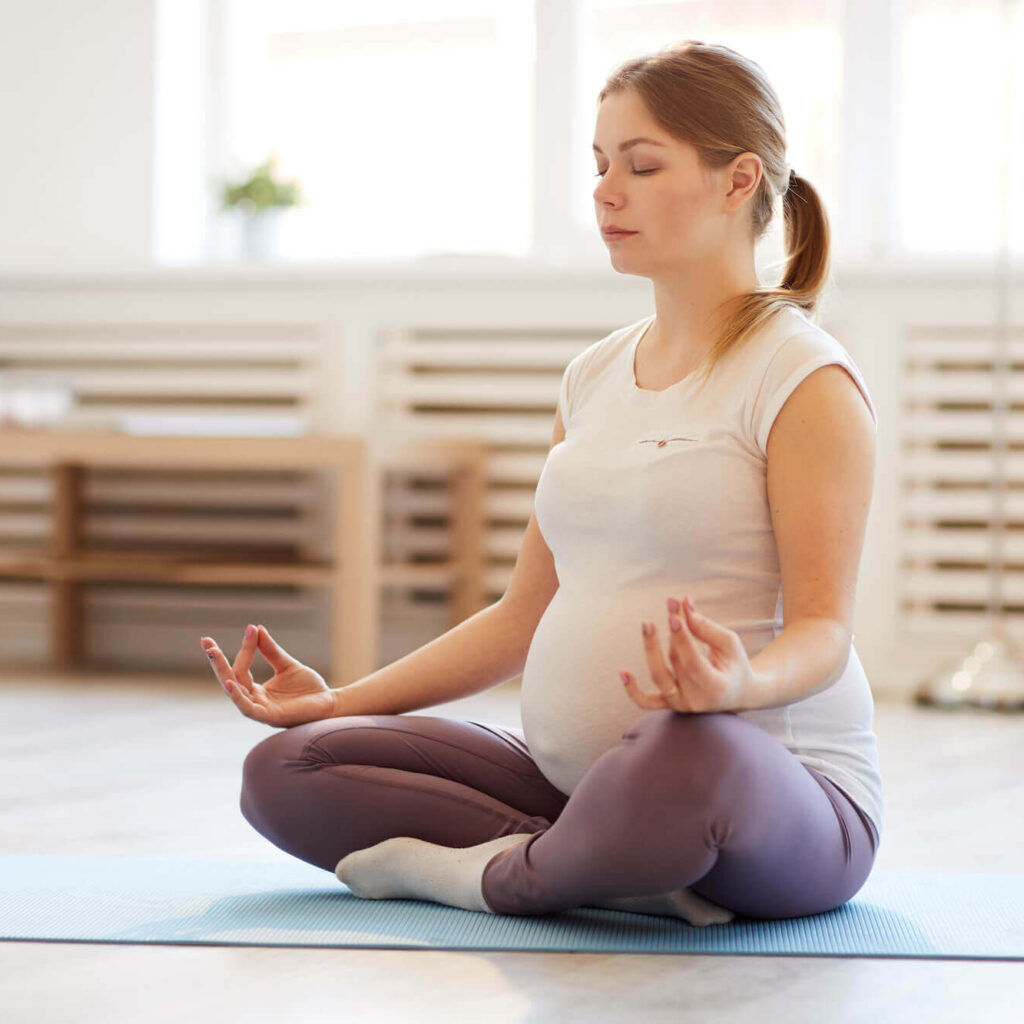
Introduction to Pregnancy Care at Home
Best hopes for! You are about to set off on the amazing journey that is pregnancy. The duty of providing a loving environment for your developing tiny miracle grows along with the thrill. Don’t worry, soon-to-be mother! There’s no need for costly equipment or a total redesign when it comes to pregnancy care at home. It involves making little, deliberate adjustments to your environment to create a space that is secure, cozy, and healthful for both you and your child.
This comprehensive guide will equip you with essential tips for pregnancy care at home, empowering you to create a haven that fosters well-being throughout your pregnancy journey.
Being pregnant is a wonderful adventure that calls for close consideration of one’s physical and mental health. Supporting this journey requires making sure your house is a healthy place. Creating a loving setting has a huge impact on both the mother and the infant, from diet to relaxation practices. We examine practical strategies for improving pregnancy care at home in this extensive guide, emphasizing useful advice and ideas that any expectant mother can apply to her everyday life.
Understanding the Importance of a Healthy Home Environment
Beyond appearances, a pregnant woman’s home should have a healthy atmosphere. It includes a place that adapts to your changing demands as well as emotional and physical safety. Why it matters is as follows:
- Decreased Risk of Complications: Pregnancy-related problems can be prevented by limiting exposure to possible risks such as toxins, allergies, and dangerous germs in a clean and safe environment.
- Enhanced Physical Comfort: Pregnancy-related aches, pains, and exhaustion can be lessened by designing a cozy and ergonomic environment.
- Enhanced Emotional Well-Being: Stress and anxiety can be decreased by creating a loving and serene environment, which encourages relaxation and emotional well-being throughout pregnancy.
Establishing a Safe Haven: Essentials of Pregnancy Care at Home
Let’s delve into specific strategies for creating a safe and healthy environment for pregnancy care at home:
- Declutter and Deep Clean: To begin, clear out anything from your living area. Clutter that isn’t essential can be stressful and complicate cleanup. Give your house a thorough cleaning, paying special attention to the kitchen and bathroom to get rid of any possible dust mites, bacteria, and allergens.
- Invest in Air Quality: Make sure there is adequate ventilation by periodically opening doors and windows. To get rid of pollution, dust, and allergens, think about utilizing air purifiers.
- Reduce Toxin Exposure: Being pregnant is a time to be especially aware of toxins. Use natural cleaning products, stay away from air fresheners, and choose non-toxic paint and furniture materials to reduce your exposure to harsh chemicals.
- Put food safety first: Pregnancy increases the risk of foodborne infections. Make sure that all fruits and vegetables are well cleaned, that food is stored at the right temperature, and that expiration dates are observed.
- Optimize Your Sleep Environment: Getting a good night’s sleep becomes more and more crucial as your pregnancy goes on. Invest in cozy bedding, establish a calming nighttime ritual, and make sure your bedroom is cold, dark, and silent.
- Ergonomic Adjustments: Aches and pains are a common side effect of pregnancy. Make changes to your house to encourage comfortable sitting positions. Invest in a pregnancy pillow that supports your back, choose ergonomic desks and seats, and limit your time spent standing up.
Pregnancy Care at Home: Nurturing Comfort and Relaxation
Beyond safety, creating a space that fosters comfort and relaxation is crucial for pregnancy care at home. Here are some tips:
- Accept Natural Light: Light from the sun might improve your mood. During the day, open your curtains and think about adding things that reflect light, such as skylights or mirrors.
- Include Calming Elements: Colors that promote calmness, such as lavender, green, and blue, can be used. A peaceful environment should surround you, such as soft blankets, aromatherapy diffusers, or sounds of nature.
- Make a Relaxation Area: Set aside a room in your house just for unwinding. This could be a reading nook, a meditation space, or a peaceful corner with a comfortable chair. Fill it with things that help you unwind, like your favorite self-care supplies, novels, magazines, and calming music.
- Invest in Comfort Items: For back and hip support, a pregnant pillow can be a lifesaver. Think about adding a footrest, a pregnancy yoga mat, or a maternity belt to your list of comfort accessories.
Pregnancy Care at Home: Nourishing Your Well-being
Pregnancy care at home extends beyond the physical environment. Here are some ways to nurture your well-being:
- Healthy Eating: To maintain the best possible health for both you and your child, keep a nutritious, well-balanced diet. Make sure you eat a lot of fruits and vegetables, healthy foods, and enough protein.
- Exercise During Pregnancy: It’s important to keep moving during pregnancy. Walking, swimming, and prenatal yoga are examples of low-impact exercises that can enhance mood, increase circulation, and get your body ready for labor.
- Stress Reduction: Being pregnant can be a demanding period. Engage in stress-reduction practices such as yoga, meditation, deep breathing exercises, or outdoor activities.
- Connect with Your Baby: Establish a connection with your baby by talking to them, giving them a gentle belly rub, or singing lullabies. You and your developing tiny miracles can strengthen your relationship with these small deeds.
Pregnancy Care at Home: Taking Care of Particular Issues
Although the aforementioned advice offers a broad foundation for at-home prenatal care, certain women may have particular issues that call for further care. Here’s how to make a space that is secure and welcoming for typical pregnancy difficulties:
- Morning Sickness: This condition has the potential to cause havoc. Keep bland, easily digested snacks in your pantry, such as ginger candies and crackers. To reduce nausea, have a trashcan close at hand and give fresh air circulation priority.
- Back Pain: During pregnancy, back pain is a frequent problem. Invest in pillows and mattresses that provide support, maintain proper posture, and include mild stretching exercises in your everyday routine. Talk to your healthcare practitioner about your alternatives for managing pain.
- Heartburn: This symptom can be quite annoying. Eat smaller, more frequent meals, stay away from oily, spicy, and acidic foods, and keep your head up when you sleep. After speaking with your healthcare practitioner, take into consideration natural therapies like antacids or ginger.
- Fatigue: As your pregnancy goes on, you’ll probably start to feel tired. Set regular sleep schedules, assign work when you can, and prioritize relaxation.
- Stress and Anxiety: There may be emotional ups and downs during pregnancy. When worry overwhelms you, try relaxation techniques, spend time with loved ones, and get expert assistance.
Creating a Pregnancy-Safe Home: Essential Safety Tips
While establishing a comfortable and relaxing environment is crucial, safety remains paramount for pregnancy care at home. Here are some essential safety tips:
- Fall Prevention: Being pregnant can increase your risk of falling. Install grab bars in restrooms, tie up loose rugs, clear clutter from hallways, and make sure your property is well-lit throughout.
- Reduce Slips and Trips: Maintain dry, clutter-free flooring. In the kitchen and bathroom, use non-slip mats. Wear traction-resistant, cozy shoes.
- Watch Out for Toxins: Take note of any possible poisons in and around the house. When pregnant, stay away from harsh chemicals and paints. When using any type of cleaning product, make sure there is enough airflow.
- Food Safety: As previously indicated, there is a chance of contracting a foodborne illness when pregnant. Use caution when handling food, keep the kitchen clean, and stay away from raw or undercooked food.
- Be Ready for Any Situation: maintain emergency contact information close at hand and maintain a first aid kit on hand. For added peace of mind, think about enrolling in a pregnant CPR course.
Pregnancy Care at Home: Collaborating with Your Medical Professional
While this guide equips you with valuable tips for pregnancy care at home, remember that your healthcare provider is your primary source of information and support. Attend all scheduled prenatal appointments, communicate openly about any concerns, and ask questions regarding your specific needs.
Conclusion
Being pregnant is a life-changing experience that allows you to nurture both yourself and your unborn child. Establishing a safe, comfortable, and relaxing sanctuary for yourself is a sign of self-love and a good method to prioritize your well-being when it comes to pregnancy care at home.
You can take control of your pregnancy experience with the help of the tactics and advice provided in this guide. Every change you make during this unique period helps to create a caring atmosphere that promotes your physical and mental well-being, from reducing exposure to contaminants to designing a peaceful and relaxing location for relaxation.
Remember, pregnancy care at home is a journey, not a destination. Don’t be afraid to change your surroundings as your requirements and tastes do. Pay attention to your body’s cues, make rest and self-care a priority, and don’t be embarrassed to ask for help from your doctor or other family members.
Creating a supportive home environment, good food, exercise, and mental health are all important components of creating a healthy setting for pregnancy care at home. You may establish a supportive environment that encourages a healthy pregnancy journey by putting these suggestions and techniques into practice.


